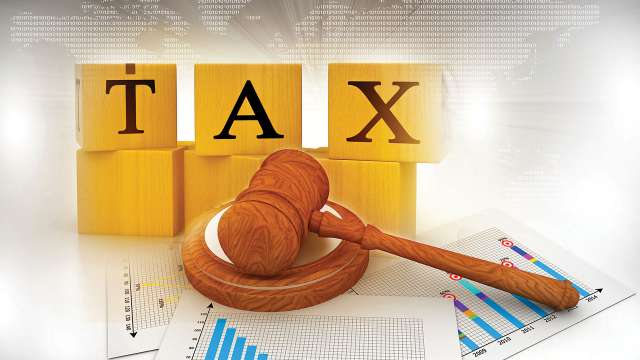Personal
Tax on bonds will vary depending on the type, holding period

Profits made on sale of any investment, which is generally referred to as capital asset under income tax laws, are taxed under the head capital gains. The same is taxed as short-term capital gains (STCG) or long-term capital gains (LTCG) depending on for how long you held the investment.
Under the income tax laws different holding periods are prescribed, ranging from 12 to 36 months, for different classes of assets to qualify as long-term capital asset. In respect of LTCG you are liable to pay tax at concessional rate. You are also entitled to claim exemption if investments are made in certain specified assets.
The holding period requirement for debentures and bonds, for qualifying as long-term capital asset, also varies depending on whether the same are listed or not. Let us understand the taxation aspects of bonds and debentures not only in respect of interest income but also profits on the sale. Both these products are referred to as bonds in this article.
Tax on periodic interest
Generally, you receive interest at periodic intervals or lumpsum at the time of maturity, in case of cumulative bonds. The interest income on bonds becomes taxable under the head “income from other sources”, and you have to pay tax on such income at the slab rate applicable to you.
You have the option to offer the interest income either on receipt basis or on accrual basis. Once you have opted for a particular mode for offering this income for tax, you have to consistently follow it. I would advise you to offer the interest on accrual basis in case of cumulative bonds, so as to avoid exceptionally high liability on receipt of large income on maturity. In case of zero-coupon bonds the difference between issue price and the face value is treated as capital gains, as no coupon rate is specified for such bonds.
Even in case of tax-free bonds, though the interest is tax-free, any appreciation realised at the time of sale or redemption is taxed as capital gains.
Holding period
The tax treatment of profits made on sale or redemption will vary depending on the holding period of such bonds. The profit on sale or redemption are taxed as long term in case holding period is more than 36 months, otherwise it will be taxed as short-term capital gains.
However, bonds which are listed on any stock exchange in India are treated as long-term asset, if they are held for more than 12 months. But in case of other assets this requirement is 36 months. So for listed bonds you can avail the benefits of LTCG even if sold after 12 months, but have wait for 36 months to avail the same benefits available for LTCG gains for other bonds.
Tax rates
STCG on sale of any bond, is treated like your regular income and is taxed at the rate applicable to you, which varies between 5 and 30% and surcharge and cess. You are also entitled to avail the deduction under Section 80 C, etc, in respect of such gains, which is not available for LTCG.
For sale of these bonds, after 12 months in case of listed and after 36 months for others, you have to pay tax at flat rate of 20% (cess and surcharge extra) irrespective of quantum of amount of such LTCG.
Moreover, the method to compute short-term gains and long-term capital gains also vary. Short-term capital gains are computed simply by subtracting the cost of acquisition of such bonds from the sale/redemption price. However, for bonds which are treated as long-term capital assets, you are entitled to enhance your cost of acquisition by a cost inflation index notified by the government with reference to the year in which the same were acquired. This benefit, called indexation benefit, is available for only Capital Indexed Bonds issued by the government and Sovereign Gold Bonds issued by the Reserve Bank of India.
Likewise, any appreciation in the redemption value of rupee denominated bonds issued by an Indian company, on account of exchange rate difference, is exempt and is not taxed. In case of listed bonds you have the option to pay tax at 10% of the capital gains. The option to pay 10% tax instead of 20% is not is not available for zero-coupon bonds even if listed.
Tax exemptions
You have the option either to pay tax on LTCG or avail exemption from payment of such gains by investing the net sale proceeds in buying a residential house subject to fulfilment of certain conditions. This exemption, available under Section 54F, will be useful to you where the amount of sale/redemption proceeds, as well as capital gains, are substantial enough to justify huge an investment in a house.






























